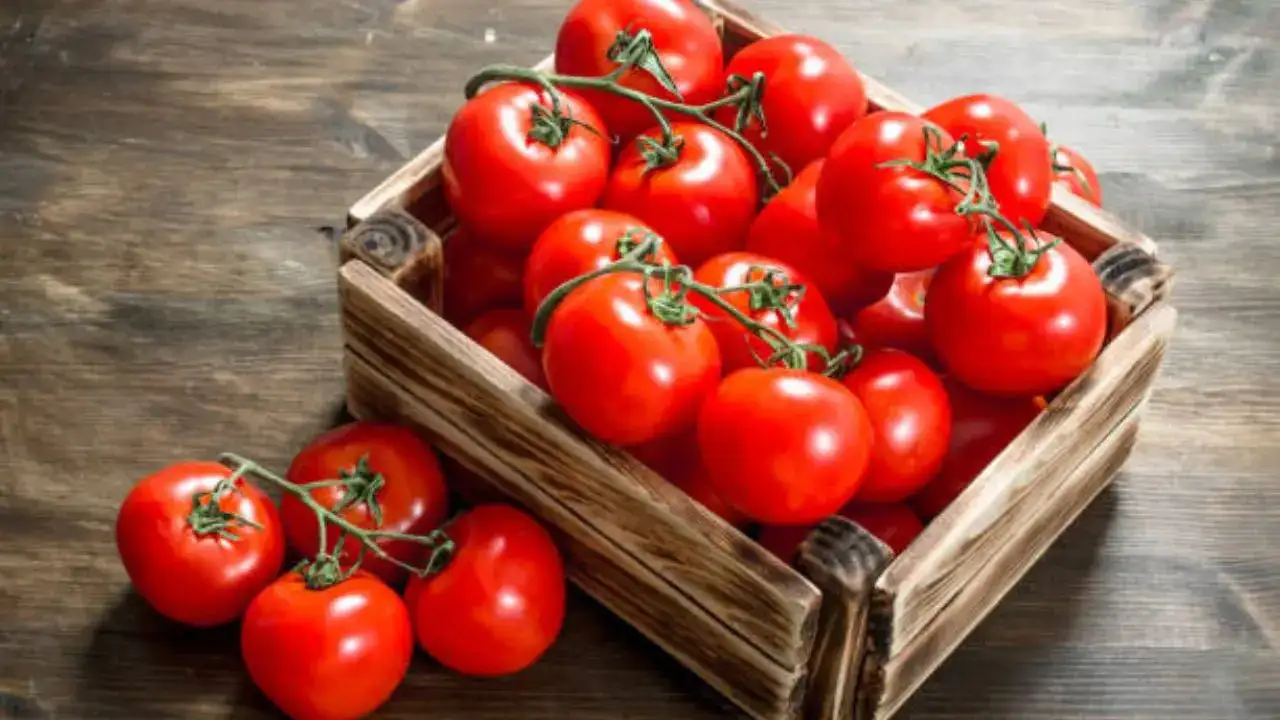
Tomatoes are packed with potassium, known to lower blood pressure by lessening the effects of sodium in your body
High blood pressure is a silent killer—as it can create complications that can lead to heart attacks and strokes. And if you want to lower it naturally, make sure to overhaul your diet and lifestyle. While experts advise you to be more regular with exercise and workouts, also incorporate foods that are loaded with nutrients that take care of your heart health.
According to a recent study published in the European Journal of Preventive Cardiology, tomatoes and tomato-based products play a huge role in helping to prevent and manage high blood pressure. Popularly a nightshade fruit, which most people know as a vegetable, tomatoes are packed with potassium - a nutrient known to help lower blood pressure by lessening the effects of sodium in your body.
They also play a key role in many heart-healthy diets.
“Tomatoes are one of the most consumed, widely available, and affordable vegetables worldwide,” said Dr. Rosa Maria Lamuela-Raventos, director of the Institute for Research on Nutrition and Food Safety at the University of Barcelona. “They are an important part of some of the best diets, including the Mediterranean diet,” she added.
The scientists, who conducted the study, enrolled around 7,000 Spanish adults at high risk of heart disease and gave them questionnaires about their lifestyles and health status—apart from their dietary habits - which included tomato consumption.
Daily tomato consumption included eating raw tomatoes or tomato products, like tomato sauce and even soups.
According to the results of the study, there is an inverse relationship between tomato consumption and hypertension risk in those who add tomatoes regularly. Higher tomato consumption decreases hypertension risk by at least 36 per cent, according to the research.
How do tomatoes manage high blood pressure?
According to the American Heart Association, tomatoes mainly reduce hypertension because they are high in potassium. Experts say high potassium intake lowers the ill effects of sodium in your body. The recommendation to reduce sodium and increase potassium is a well-established lifestyle modification for reducing the risk of hypertension.
Also, apart from potassium, tomatoes are also rich in lycopene - a carotenoid that has a number of benefits for heart health, including antioxidant, anti-inflammatory, anti-atherogenic, and antiplatelet effects. Studies say these features also give lycopene significant antihypertensive properties.
However, according to experts, just one tomato a day cannot do wonders for your heart health. And so, make sure to incorporate them as part of a well-balanced, heart-healthy diet along with whole grains, legumes, and healthy fats daily.
You can include them as sauces and chutneys, soups, salads, and even in dishes that you cook daily.
Other high-potassium foods for a healthy heart
According to experts, eating a variety of high-potassium foods also helps ensure that you meet your potassium needs while loading up on vitamins, minerals, and antioxidants.
Adhering to a long-term healthy diet with foods that are good in minerals and vitamins is important. A few other potassium-loaded foods that are part of a heart-healthy, antihypertensive diet are:
- Avocados
- Yogurt
- Bananas
- Oranges
- Lemon
- Spinach
- Tuna
- Beetroot
Get Latest News Live on Times Now along with Breaking News and Top Headlines from Health and around the world.
